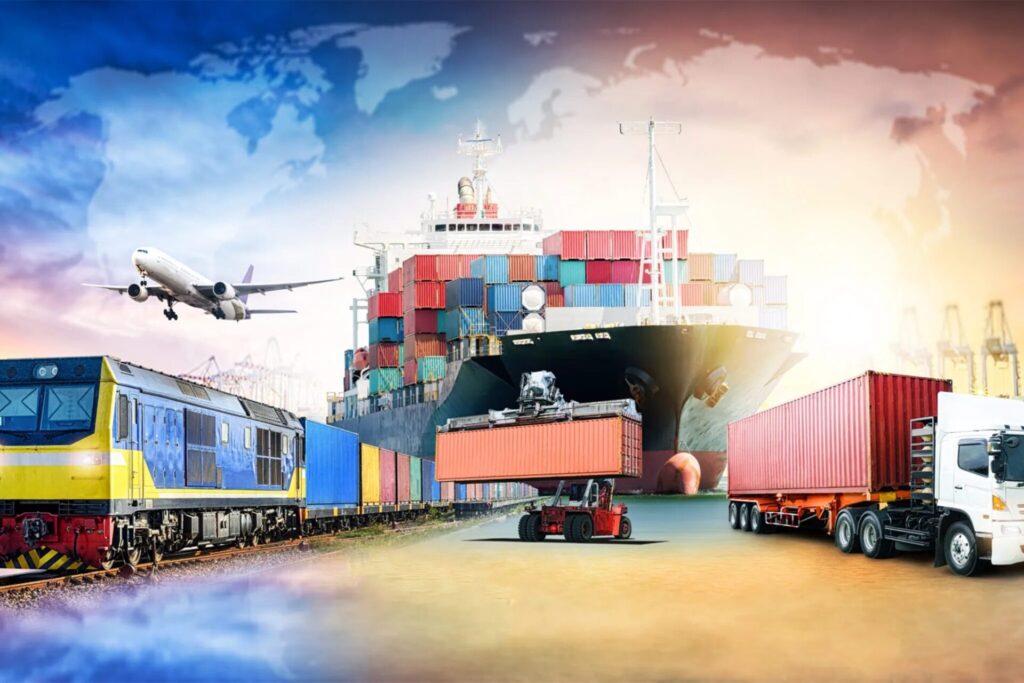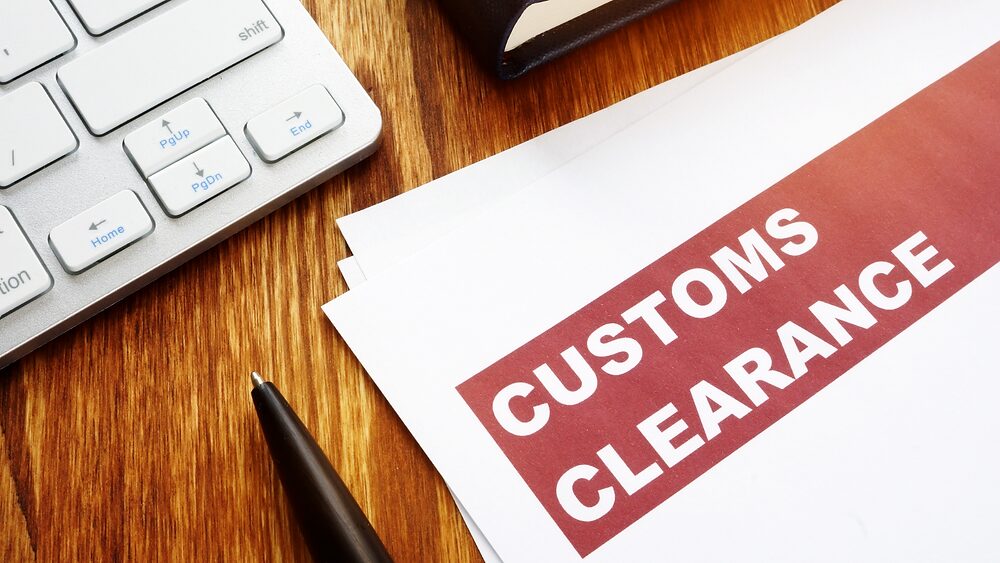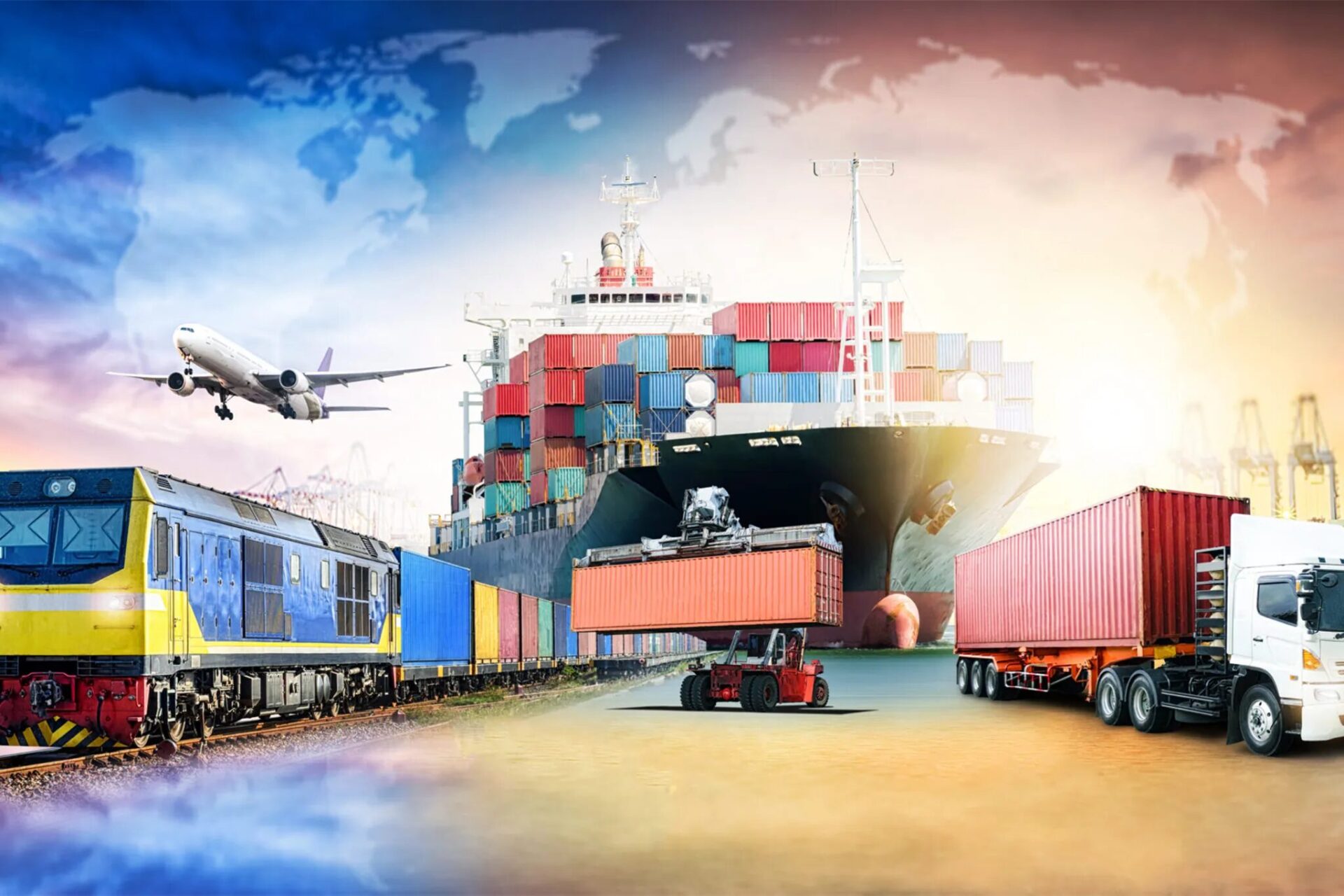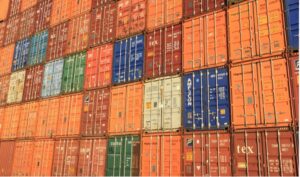Moving goods across borders can seem complex, but with the right information and preparation, shipping from China to Austria can be a smooth and efficient process. This comprehensive guide delves into everything you need to know, from understanding the different shipping methods to navigating customs regulations and ensuring safe delivery.
Understanding the Shipping Process

The shipping process from China to Austria can be broken down into several key stages:
- Quotation and Booking: Contact potential freight forwarders or shipping companies to obtain quotes based on your cargo details (weight, dimensions, value) and preferred shipping method. Once you choose a provider, book your shipment and provide necessary documentation.
- Collection and Consolidation (Optional): The freight forwarder collects your goods from the origin warehouse in China. Consolidation involves combining your shipment with others to optimize container space and reduce costs.
- Export Clearance: The freight forwarder prepares and submits export customs documentation to the Chinese authorities for approval.
- International Haulage: Your shipment is transported by air or sea to Austria.
- Import Clearance: Upon arrival in Austria, the importer (you or your designated recipient) must clear customs by providing import documentation and paying any applicable duties or taxes.
- Delivery: Once customs clearance is complete, the shipment is delivered to the final destination in Austria.
Types of Shipping Methods

The choice of shipping method from China to Austria depends on your budget, urgency, and cargo characteristics. Here’s a breakdown of the most common options:
- Air Freight: The fastest option, ideal for urgent shipments or high-value goods. Offers shorter transit times (typically 3-7 days) but comes at a premium cost.
- Sea Freight: The most cost-effective option for large or bulky shipments. Offers slower transit times (typically 30-45 days) but is significantly cheaper than air freight.
- Ocean Freight (FCL – Full Container Load): You have exclusive use of a shipping container, ideal for large shipments or those requiring specific packing or security measures.
- Ocean Freight (LCL – Less Than Container Load): Your shipment shares container space with other cargo, a budget-friendly option for smaller shipments. Consolidation is typically involved.
Choosing the Right Shipping Company
Selecting the right shipping company from China to Austria is crucial for a smooth and cost-effective experience. Consider these factors:
- Service Portfolio: Does the company offer the specific shipping method (air, sea, FCL, LCL) you require?
- Pricing and Transparency: Obtain quotes from multiple companies and ensure they clearly outline all costs involved, including potential surcharges.
- Reputation and Experience: Choose a company with a proven track record of handling shipments between China and Austria. Look for positive customer reviews and a strong industry reputation.
- Value-Added Services: Does the company offer additional services such as cargo insurance, customs clearance assistance, or warehousing facilities in Austria?
Documentation and Customs Requirements

- Commercial Invoice: A detailed document outlining the shipment’s contents, value, and HS codes (harmonized system codes for classifying goods).
- Packing List: An itemized list of the goods in the shipment, including quantities, descriptions, weights, and measurements.
- Bill of Lading (Air Waybill for Air Freight): A document issued by the carrier serving as a contract of carriage and receipt for your goods.
- Certificate of Origin: May be required by Austrian customs to verify the country of origin of the goods.
It’s essential to ensure all documentation is accurate and complete to avoid delays or complications at customs. Consult with your chosen freight forwarder or a customs broker to ensure you have all the necessary paperwork in order.
Shipping Costs and Pricing Factors
The total cost of shipping from China to Austria depends on several factors:
- Shipping Method: Air freight is generally more expensive than sea freight. FCL shipments typically cost more than LCL shipments due to the exclusive use of a container.
- Cargo Weight and Dimensions: Shipping costs are often calculated based on volumetric weight (cargo size) and actual weight, whichever is higher.
- Origin and Destination Cities: Inland transportation costs within China and Austria can also affect the overall price.
- Fuel Surcharges: Fluctuations in fuel prices can sometimes lead to additional surcharges.
- Customs Duties and Taxes: The value and nature of your goods will determine any applicable import duties or taxes levied by Austrian customs.
Obtaining quotes from multiple freight forwarders allows you to compare pricing structures and find the most cost-effective option for your specific needs.
Packaging and Labeling Guidelines

- Use strong, secure packaging appropriate for the weight and fragility of your goods to withstand long-distance transportation.
- Clearly label your packages with complete consignee and consignor information, including full addresses and contact details
- Include clear handling instructions if your goods require special care during transportation, such as “fragile” or “keep upright.”
Tracking and Insurance Options
Most reputable shipping companies offer real-time shipment tracking through their online portals or mobile applications. This allows you to monitor the progress of your shipment from origin to destination.
Cargo insurance is highly recommended, especially for valuable goods. It protects you against financial losses in case of damage, loss, or theft during transportation.
Potential Challenges and How to Overcome Them
- Customs Delays: Delays can occur at customs if the proper documentation is not provided or if the shipment triggers an inspection. Ensure all paperwork is accurate and complete, and classify your goods correctly using the HS code system.
- Communication Issues: Clear communication between you, the freight forwarder, and the recipient is essential. Establish clear expectations and maintain regular contact throughout the shipping process.
- Unexpected Costs: Be aware of potential surcharges such as fuel surcharges or terminal handling fees. Request a detailed breakdown of all costs from your chosen shipping company to avoid surprises.
By understanding these challenges and taking proactive steps to mitigate them, you can ensure a smoother and more efficient shipping experience from China to Austria.
Conclusion
Shipping goods from China to Austria can be a straightforward process with the right preparation and knowledge. By carefully selecting a shipping method, ensuring proper documentation, and considering potential challenges, you can ensure your shipment arrives at its destination safely and efficiently. This guide has equipped you with the essential information to navigate the complexities of international shipping and successfully deliver your goods from China to Austria.





